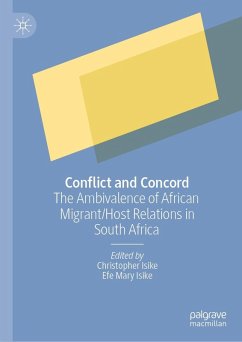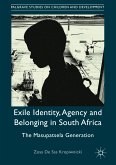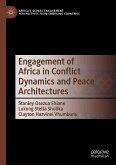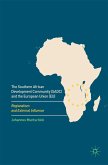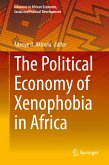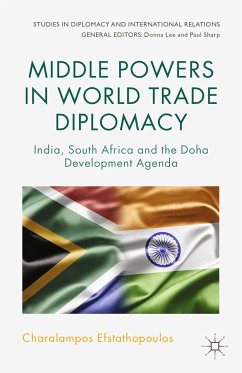Christopher Isike is a Professor of African Politics and International Relations at the University of Pretoria, South Africa. He is the current President of the African Association of Political Science (AAPS) and Editor-in-Chiefof Africa's foremost political science journal, Politikon: South African Journal of Political Studies. Christopher also serves on the editorial board of several reputable international journals such as International Political Science Abstracts. He conducts research from an Africanist lens, and apart from African immigration to South Africa, Christopher's research interests include African soft power politics, peace and conflict studies, women and political representation in Africa, rethinking state formation in Africa, human factor development, and politics in a digital era. In 2020, he was appointed by the Minister of Sports, Arts and Culture as a Social Cohesion Advocate of South Africa.
Efe Isike is currently a Policy and Development scholar and expert who coordinates the Mastercard Scholarship Program (MCSP) in the Department of Education Innovation at the University of Pretoria, South Africa. Previously, she lectured for 7 years in the Department of Anthropology and Development Studies at the University of Zululand, South Africa. Her research interests include African Migration Studies, Gender and Development Studies and Conflict Transformation.
Dieser Download kann aus rechtlichen Gründen nur mit Rechnungsadresse in A, B, BG, CY, CZ, D, DK, EW, E, FIN, F, GR, HR, H, IRL, I, LT, L, LR, M, NL, PL, P, R, S, SLO, SK ausgeliefert werden.

